Truth in Tucson: On Translating Family Into Poetry

The author of Yaguareté White explores the poetic art of balancing fact and fiction.
Jump to navigation Skip to content
Articles from Poet & Writers Magazine include material from the print edition plus exclusive online-only material.

The author of Yaguareté White explores the poetic art of balancing fact and fiction.
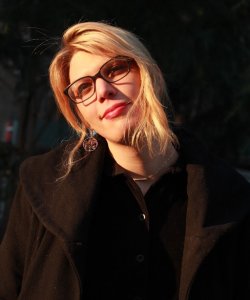
“Growth shouldn’t only happen on the page.” —Zefyr Lisowski, author of Girl Work

The author of Yaguareté White considers the ethics of found poetry.

“I thought a book could be carved out of a block of poems, but instead it had to start from blank space.” —Cindy Juyoung Ok, author of Ward Toward

The author of Yaguareté White contemplates how to approach writing in multiple languages.

“For every book, different literary angels perch on my shoulder.” —Tomás Q. Morín, author of Where Are You From: Letters to My Son

The author and translator discusses his process of translating Sappho, the lessons that ancient poetry holds for contemporary life, and the gifts of a life steeped in practicing poetry and translation.

“I would write the scene and shake my head in disbelief that a character wanted to do that.” —Phillip B. Williams, author of Ours

The author of Midwhistle explores the power of the epic poem.

The principal agent of McKinnon Literary talks about how publishing can be a form of activism, the different ways agents and authors can use comp titles, and how the future of the book business still holds many wonderful possibilities.
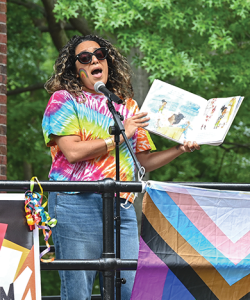
In response to the nationwide book-banning movement, libraries and other literary institutions are adopting the “sanctuary” label to show their commitment to protecting book access for readers.
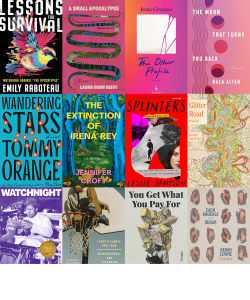
The first lines of a dozen noteworthy books, including There’s Always This Year: On Basketball and Ascension by Hanif Abdurraqib and Glitter Road by January Gill O’Neil.
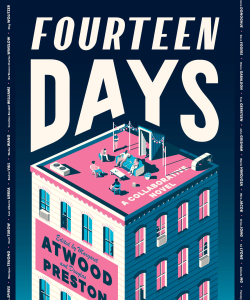
At a time when the writing world faces serious challenges, the coauthored novel Fourteen Days brings together thirty-six noted writers to raise money for the Authors Guild and its battle against book bans and copyright infringement.
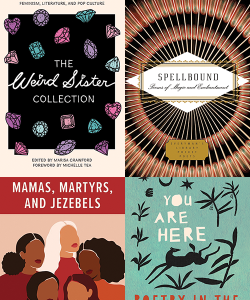
An introduction to four new anthologies, including The Weird Sister Collection: Writing at the Intersections of Feminism, Literature, and Pop Culture and You Are Here: Poetry in the Natural World.
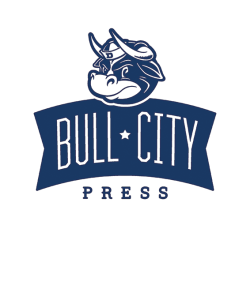
With an all-volunteer staff and a “pay what you want” policy for select titles, Bull City Press is dedicated to concise expression and making great books available to anyone who wants to read them.
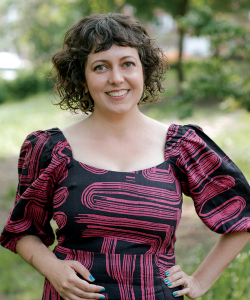
The writer behind Choose This Now, a novel-in-stories, introduces some of the journals that first published her work, including Pigeon Pages and Joyland.
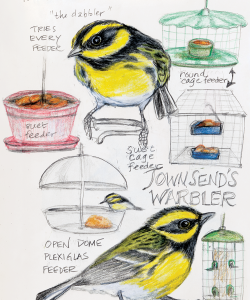
A testament to best-selling novelist Amy Tan’s obsession with birds, The Backyard Bird Chronicles spotlights hundreds of excerpts of illustrations and prose from Tan’s observations over the years.

The founder and director of Letras Latinas, the literary arm of the Institute for Latino Studies at the University of Notre Dame, reflects on twenty years of groundbreaking work and what’s next for the organization.
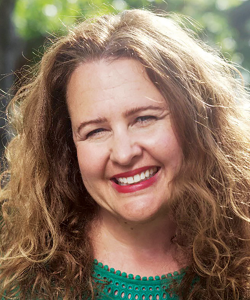
Rejection of your work can be crushing, especially when the subject of your writing is personal. A writing teacher and book coach recounts her experience being guided and then stood up by an agent who expressed interest in her book.
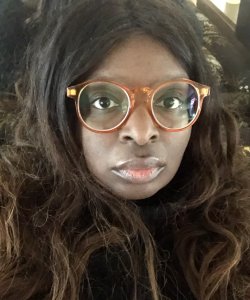
“Your instinct to wait to publish is right. You only get one debut.” —Omotara James, author of Song of My Softening

The author of Midwhistle contemplates the common ground between jazz music and poetry.
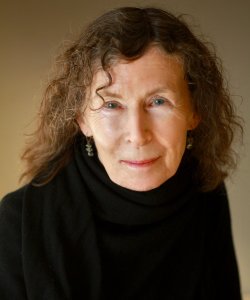
“The computer I write on is never allowed to go online.” —Margot Livesey, author of The Road From Belhaven

The author of Midwhistle considers how a poem’s title can frame, deepen, or complicate the reader’s experience of it.
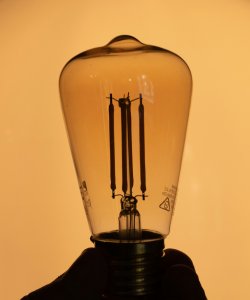
Even though ChatGPT can replicate and regurgitate the texts it has consumed, it still lacks the unique inspiration that lived experience provides for writers. A teacher of creative writing puts the AI chatbot to the test.
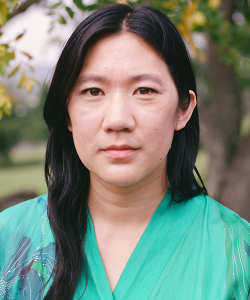
“Don’t stop writing, no matter what.” —Diana Khoi Nguyen, author of Root Fractures